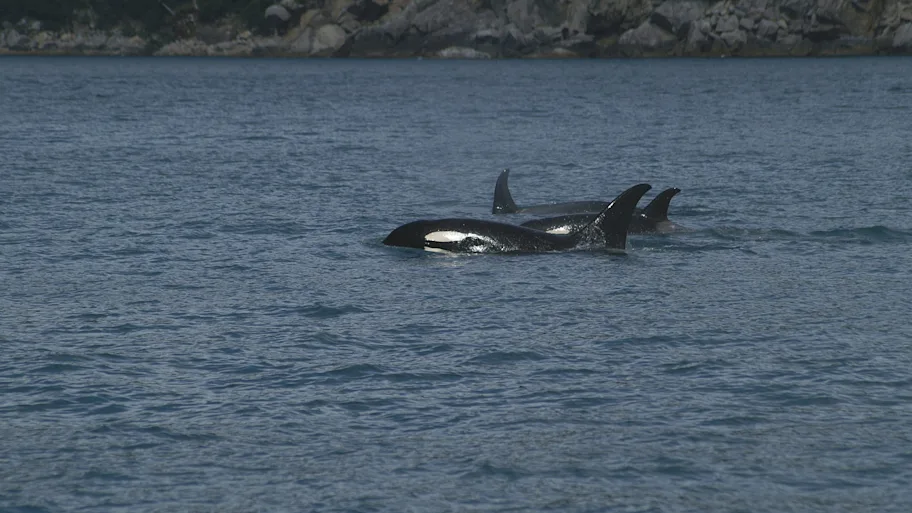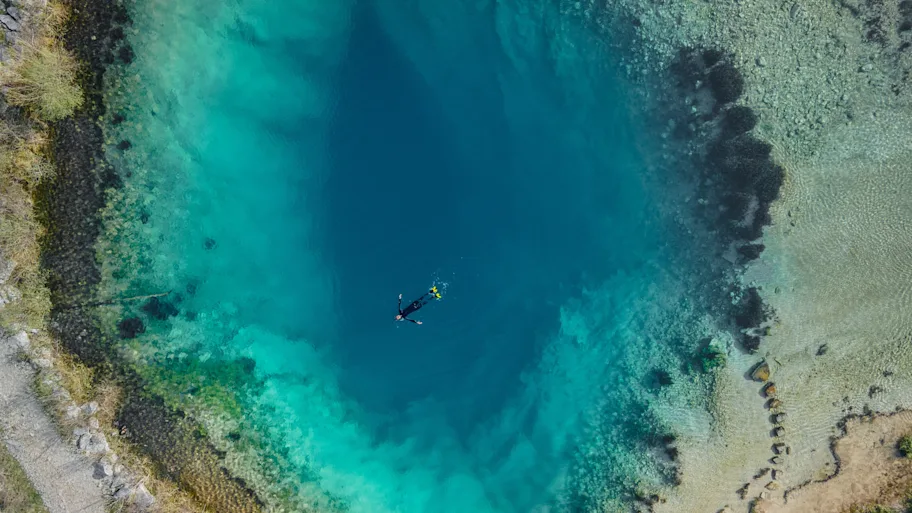
- Science news
- Featured news
- How to safeguard scientific publishing: Here are five Frontiers articles you won’t want to miss
How to safeguard scientific publishing: Here are five Frontiers articles you won’t want to miss

A ‘Publish or perish’ culture could threaten research publishing
In a fast-moving world, providing new content constantly is vital to staying relevant. This, too, is true for the scientific community, where a ‘publish or perish’ culture has been causing significant ethical challenges.
Researchers in Ecuador recently wrote that unethical practices including the sale of authorship, the misuse of AI, and the increasing emergence of ‘paper mills’ – businesses that publish poor quality or fake articles – undermine the integrity of academic research. They published their article in Frontiers in Medicine.
The authors reported that a 2022 report which analyzed 2.85 million studies estimated that 2% of those articles come from paper mills, while other analyses suggest that number could be as high as 20%. They also said that since ChatGPT was launched, the number of articles that were potentially written using AI increased by 72%. At the same time, reports of authorship credits being sold for $500 have emerged. To prevent these developments and safeguard the role of science, the researchers said the whole scientific community – from individual researchers and research institutions to publishers and funding bodies – needs to work together to maintain academic integrity.
Article link: https://www.frontiersin.org/journals/medicine/articles/10.3389/fmed.2024.1405424/full
What contributes to children’s positive attitude towards science?
Science is key for improved living conditions, longer lifespans, health, and prosperity. Who we are, where we come from, and how we’re raised has been proven to influence many aspects of our lives – including how we feel about science.
Writing in Frontiers in Education, researchers in the US have examined the relationship between socioeconomic status, gender, and interest in a scientific career and attitudes toward science among middle-schoolers, aged 12 to 14, living in a rural community.
Factors that positively influenced children's attitude toward science included household income, parent’s education, and interest in science. Students from households with annual incomes above $90,000 had a more positive attitude, just like students who had at least one parent holding a bachelor’s degree or higher. Similarly, students whose parents indicated that their kid was interested in a science career had significantly higher attitudes toward science. The researchers did not find a statistically significant difference in attitudes toward science between boys and girls.
Article link: https://www.frontiersin.org/journals/education/articles/10.3389/feduc.2024.1403039/full
eDNA shows some Amazon regions are much more biodiverse than previously thought
eDNA is a comparatively cost-efficient, fast, and non-invasive way of sampling DNA that is crucial to monitor biodiversity and species distribution as well as detect aquatic, semi-aquatic, and terrestrial life worldwide.
In a recent Frontiers in Ecology and Evolution article, researchers in Colombia used eDNA to analyze the variety of water-, land-, and hybrid-living species in the river habitats of the Colombian Amazon and Orinoco basins.
They found new taxonomic records in all study regions, including many previously undetected fish species that might be commercially important, as well as species that aren’t found often or observed easily using traditional surveying methods. The use of eDNA is also important for conservation, as it enables the identification, surveillance, and protection of threatened species in a more feasible manner. The study also identified two fish, four mammal, and one reptile species as vulnerable. Additionally, the giant otter, and three species of river dolphins were identified as endangered.
Article link: https://www.frontiersin.org/journals/ecology-and-evolution/articles/10.3389/fevo.2024.1409296/full
Media use at bedtime might disturb girls’ sleep more than boys’
Digital devices have become omnipresent tools in everyday life, and often are used by children and young teenagers. In this critical phase of development, sleep is essential for overall health.
In a recently published Frontiers in Psychology article, researchers in Germany investigated the associations between the use of electronic media before bedtime and sleep difficulties in a cohort of children and teenagers aged 10 to 14.
Their results showed several significant associations between media use and sleep. Using a digital device just before going to bed was associated with sleep difficulties in children – more so in girls than in boys. The researchers wrote that one possible reason for this could be that the stress induced by the late use of electronic media is higher in girls than in boys. The total amount of screen time during the day and the number of media devices in the bedroom, however, did not have an impact.
Article link: https://www.frontiersin.org/journals/psychology/articles/10.3389/fpsyg.2024.1290935/full
Young white sharks might be eating with the seasons
White sharks can be found across the world’s oceans where they shape ecosystems through predation and habitat use.
In eastern Australia, researchers recently examined the diet of white sharks, aged between a few weeks and one year old. Writing in Frontiers of Marine Science, they analyzed biochemical tracers and sharks’ muscle tissue to gain more than brief snapshots about what the sharks had eaten.
Their results showed that young white sharks are generalist predators that mostly hunt in coastal habitats. They also found that young white sharks’ diet varied with the seasons: During spring and summer, the sharks consumed more high-nutrition preys. During autumn and winter, however, young white sharks’ diet was made up of more prey sitting at the middle of the food chain, such as yellowfin tuna, octopuses, and squid. This shift between seasons could reflect changes in prey availability, which in turn could influence young sharks’ development, the researchers wrote.
Article link: https://www.frontiersin.org/journals/marine-science/articles/10.3389/fmars.2024.1359785/full
REPUBLISHING GUIDELINES: Open access and sharing research is part of Frontiers’ mission. Unless otherwise noted, you can republish articles posted in the Frontiers news site — as long as you include a link back to the original research. Selling the articles is not allowed.






